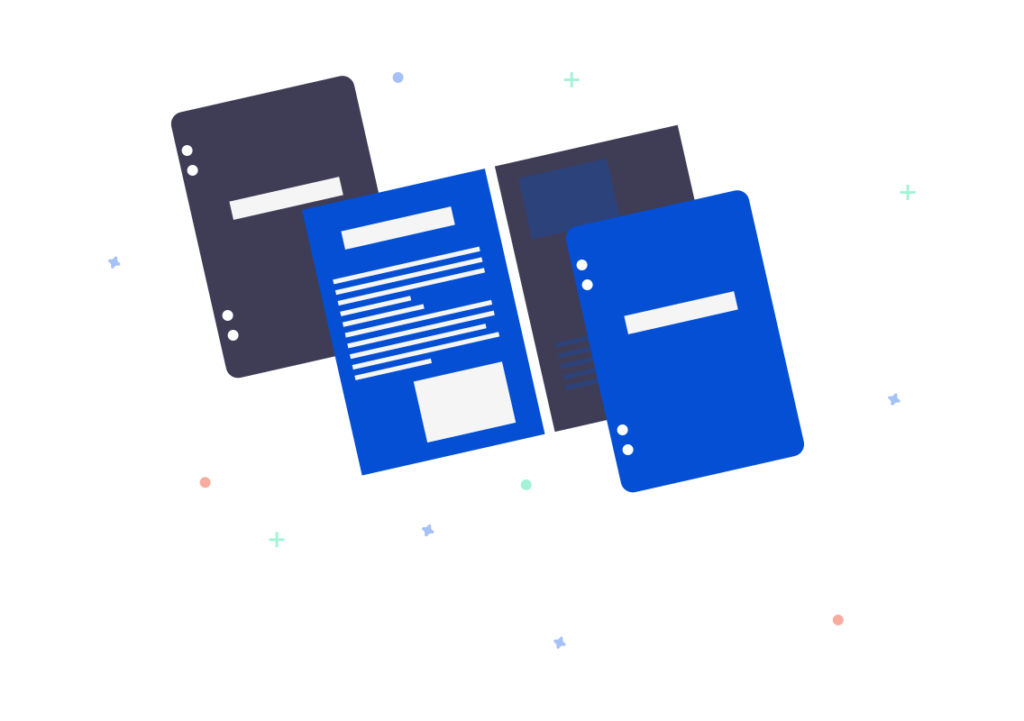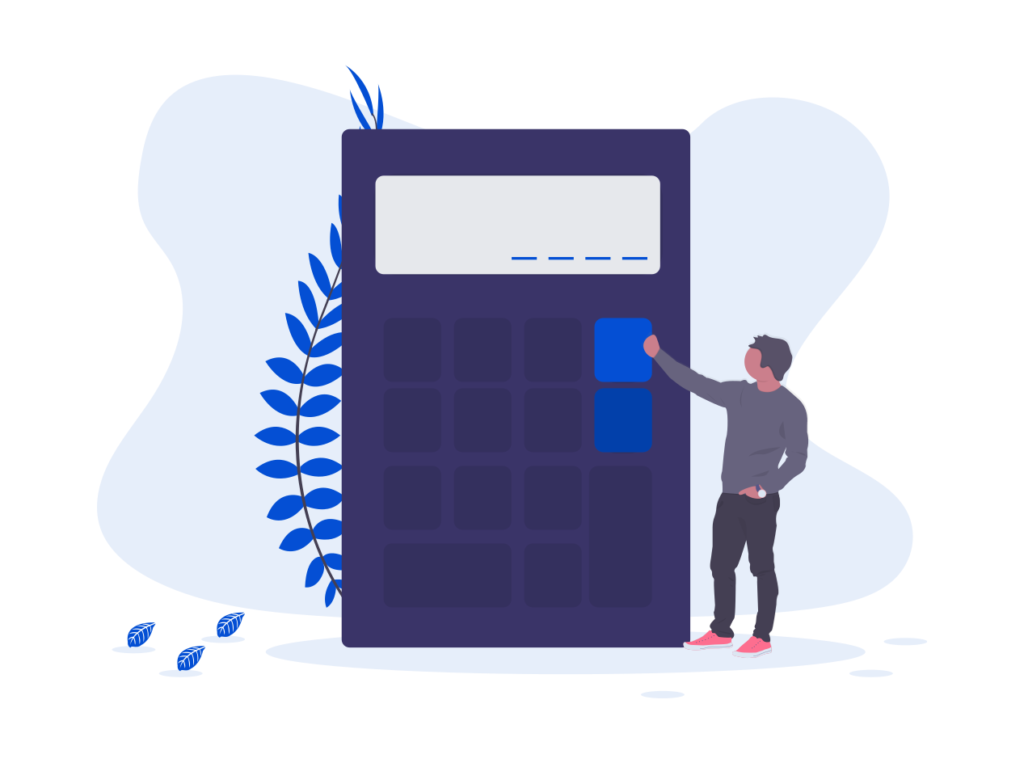
Tax is, usually, deducted automatically from wages, savings and pensions. However, any other income that people or businesses receive does not have tax automatically deducted. For these other incomes, a Self Assessment must be filed with HMRC. It’s due at midnight on 31st January.
Since any tax admin can be a stressful ordeal, it’s tempting to leave filing it to the last moment. In 2020, 702,171 people did just that, and made the 31st January the busiest day for filing the Self Assessment. However, as we’ll discuss in this article, with fines, delays and congested help phone lines, it’s well worth considering filing your return early.
Read on to learn why early bird Self-Assessment returners get the worm!
Avoid Penalties
Getting your Self Assessment in early will guarantee you don’t miss the deadline, either by mistake or ill-planning. Late returns are penalised, with the fines getting exponentially steeper the later your return is.
If your return is up to 3 months late, you’ll receive a £100 fine, and you’ll be charged interest on late payments. HMRC have an online calculator to estimate your penalty if your Self Assessment is late by more than 3 months.
It’s difficult to accurately report late penalty amounts by the number of days past due, as each case is unique, and occasionally HMRC implements leniency (as compensation for Covid-19 disruptions, HMRC relaxed penalties in the last tax year). However, your penalties will be sure to become greater the longer past due your returns are.
An early Self Assessment will save you the money and stress of being penalised for lateness!
Avoid the January Rush

As previously mentioned, 702,171 people in the last tax year filed their Self Assessment on the due date, 31st January. This was the busiest day for the filing, and, as a result, was the busiest day for the HMRC helpline.
When you have tax issues, you’d like it resolved as swiftly as possible, especially if it’s 31st January and you’re working against the clock! But swift resolution just isn’t possible if 700 thousand people might also need help.
In 2020-21, the average speed of having your call answered by HMRC customer service was 13 minutes, 50 seconds, though around 1 in 5 callers didn’t get through at all. And if you aren’t in too much of a rush and choose to use iForms for help, you only have a 43.9% chance of being answered within a week!
Doing your Self Assessment early will not only mean that your call wait time will likely be shorter, but if it does take time for your query to be answered, you are able to spare that time before the deadline.
It Takes Time to Register, Organise and Save
HMRC must be expecting a return from you before you actually file one, and this requires registration. This process can take a few weeks, though in busy times like January, it may take much longer. Your Unique Taxpayer Reference (UTR) and your PIN for access to Online Services, both of which are required in the registration process, are both sent via post, and so are subject to any potential Royal Mail delays.
To complete your Self Assessment, you need many documents to hand, like P45s, P60s, bank statements, business expenses and invoices from the past two years. Locating and accessing all these different pieces of information might take time, and you may potentially need to order or request them. Starting this organisation early in the tax year will allow you plenty of time to track down all that is needed.
Even if you file your Self Assessment ahead of the deadline, your actual tax bill still isn’t due until January 31st. Filing early will both allow you time to save funds to cover your tax bill, and know far in advance how much the bill will be. Doing your Self Assessment and having to pay your bill both on the 31st might leave you nastily surprised about the cost, or even unable to pay.
Self Assessing early will allow you the time to calmly register and thoroughly organise for your returns, then gradually and adequately save for your bill.

In Summary
Filing your Self Assessment early has nothing but benefits; you’ll avoid penalties and queues and have the time needed to prepare for your return and bill. Not only that, but it’ll leave you time to relax, without feeling the pressure of a looming deadline, so you’re able to run your business with more energy and focus!
Related Articles
- How Do I File A Self Assessment Tax Return
- How To Legally Reduce Your Corporation Tax Bill
- What You Need To Know About Capital Gains Tax
- What to Consider When Choosing a Workplace Pension Scheme
- Beginner’s Guide to a Confirmation Statement
If you need help with your tax services, check out what Count can do for you!